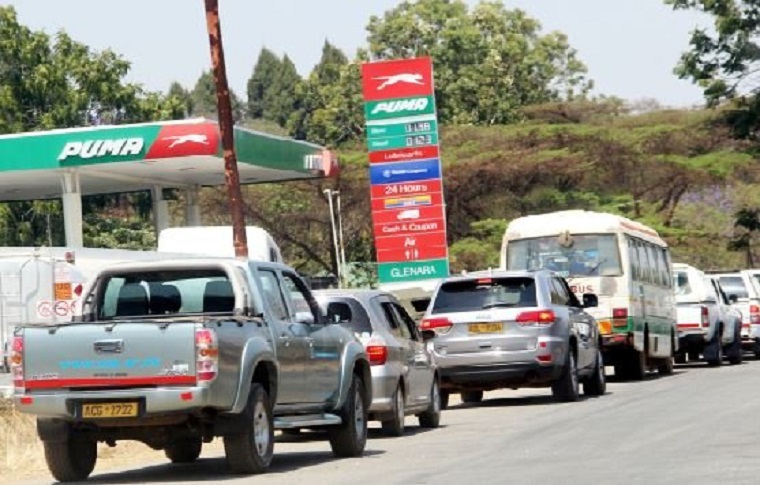Exchange Control is the Central Problem facing Zimbabwe at Present
By introducing Exchange Control via the Reserve Bank the State has done the following:
- Created a system to ‘sweep’ some US$3 billion in direct foreign earnings into the Nostro accounts of the Bank. This amounts to about US$10 million every working day.
- Centralised the allocation of foreign exchange for imports on a priority basis, leaving the rest of the economy to buy their needs on the open market, which it is now attempting to make illegal.
- Adopted an artificial rate of 1 to 1 for all such funds and thereby creating additional, new balances in the market of ‘RTGS’ dollars when they pay the exporters for the balances swept into the RBZ accounts.
- Because of the fiscal deficit over the past 5 years the country has built up a mountain of RTGS dollars which now amount to $22 billion ($10 billion in Bank accounts, $9 in TB’s and $2,5 billion in RBZ overdraft). These balances simply cannot be dollarized again and must inevitably be devalued.
- The RTGS dollar has become delinked from the US dollar and is now trading at a steady 3,5 to 1 against the US dollar. Correcting the fiscal deficit has steadied the ship but the fundamental imbalances remain in the market. What everyone fails to see is that at this level the RTGS dollar is the strongest currency in the region and the market clears at this level every day.
- As a consequence, the market has started reducing the real value of the RTGS dollar through inflation and this process will continue until the imbalances in the market are addressed.
- Inflation is creating political pressures and these must be addressed as a matter of urgency – not by stopping the process of adjustment, but by accelerating the process of adjustment and dealing with the aftermath.
In addition to the above factors, the introduction of exchange control and the way it is being administered by the Reserve Bank is having the following effect on local markets and on the productive sector:
- The use of the artificial exchange rate of 1:1 is taking real value from the foreign earnings of exporters and replacing it with RTGS dollars valued by markets at 3.5 to one. On average this is depreciating the overall earnings of the export sector by more than half. The result is that production levels of all export industries is in decline and gold production is again going back into the informal market where no exchange control influence exists. Official intake of gold has declined by 40 per cent, tobacco plantings are down and major exporters are considering shutting down until the situation corrects itself.
- The transfer of these resources of hard currency to the consumptive sector at the artificial rate of 1:1 means that the demand for the goods benefiting from this mechanism (fuel, food) has increased sharply. Fuel, previously trading above regional levels at US$1.45 is now trading effectively at US$40 cents or less. Regional States are buying fuel in Zimbabwe, transit truck hauliers are also doing so and demand has doubled to over 8 million litres per day.
- At this level the RBZ cannot meet demand the consequence is now long queues and the emergence of a huge market for fuel that is being trading at the real market price of US$1,50 per litre or $5 per litre in the open market, driving up inflation.
- Companies and industries that depended on official allocations of hard currency at the artificial rate are now in deep trouble because they have to turn to the informal market for hard currency and this is holding up the rate. If they do not do so they will run out of essential imports and shut down. Delta has closed its soft drinks plants for this reason.
- The artificial rates at which the Reserve Bank is trading currency is creating opportunities for rent seeking and corruption on a large scale and this can only be corrected by market forces.
Continued next page
(835 VIEWS)


